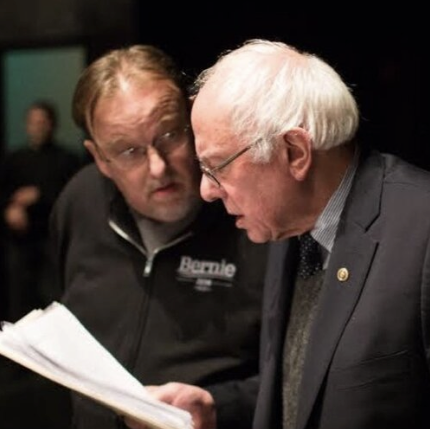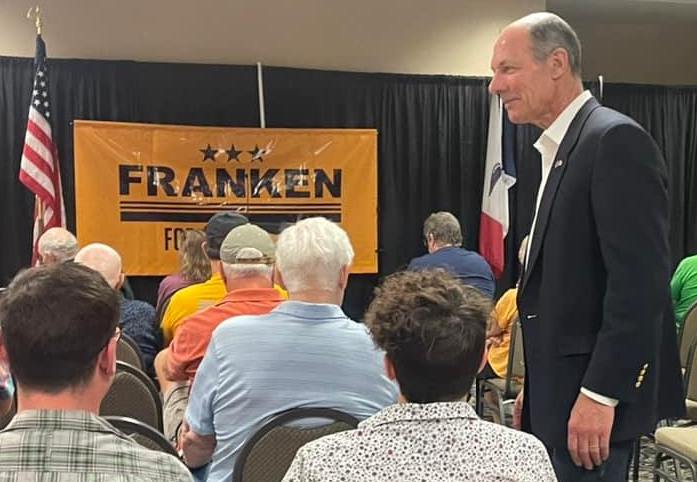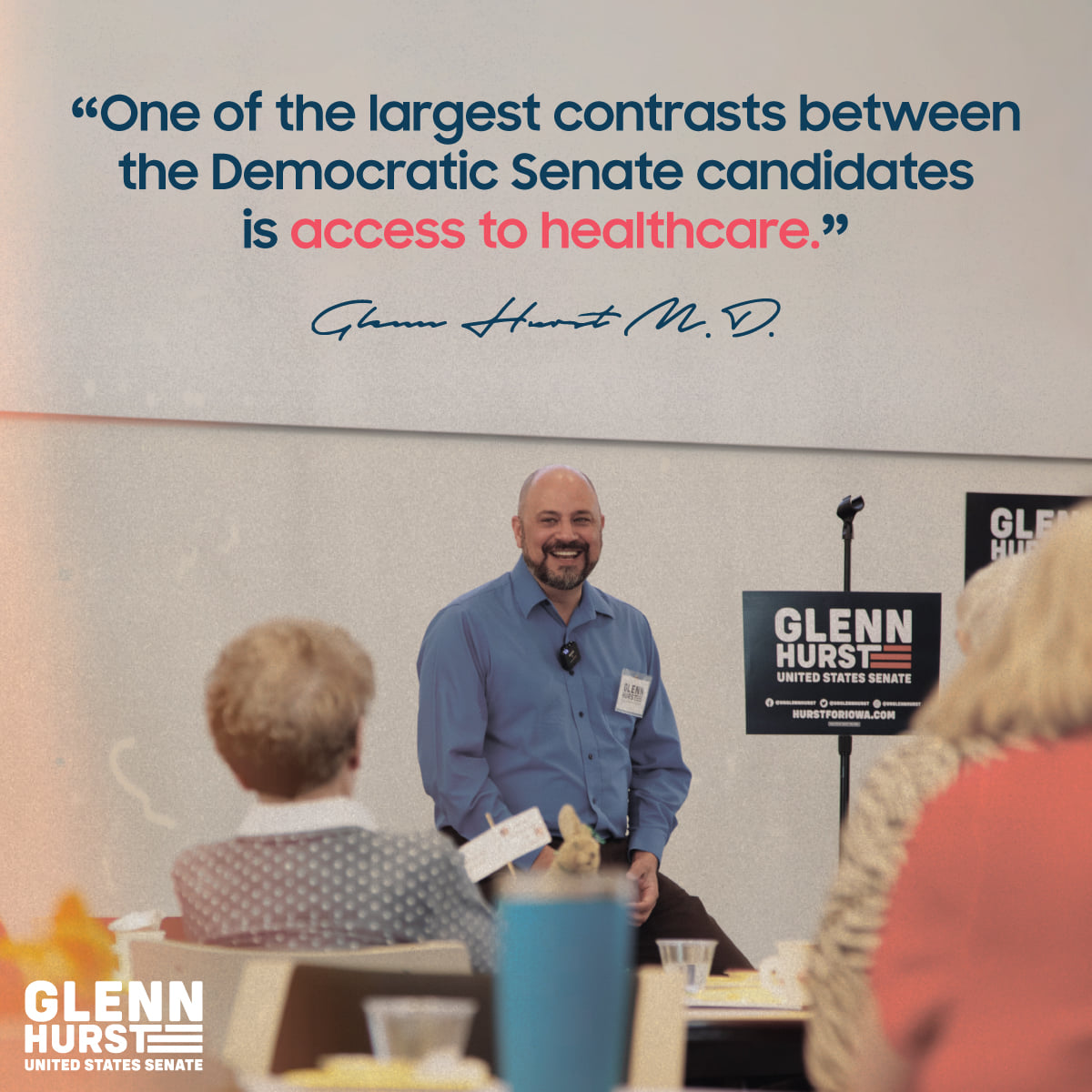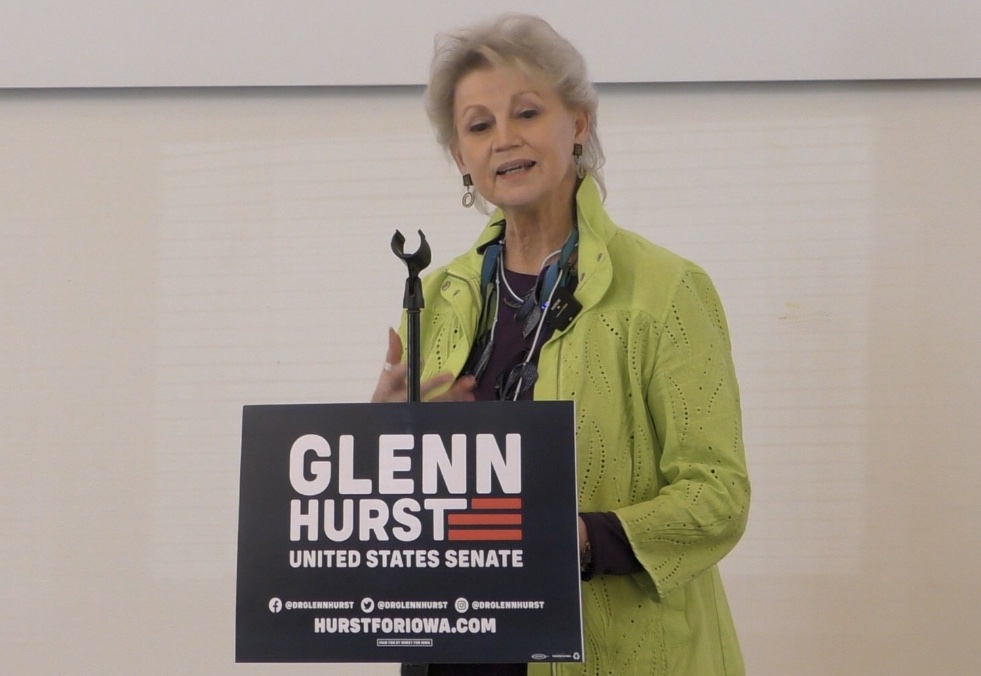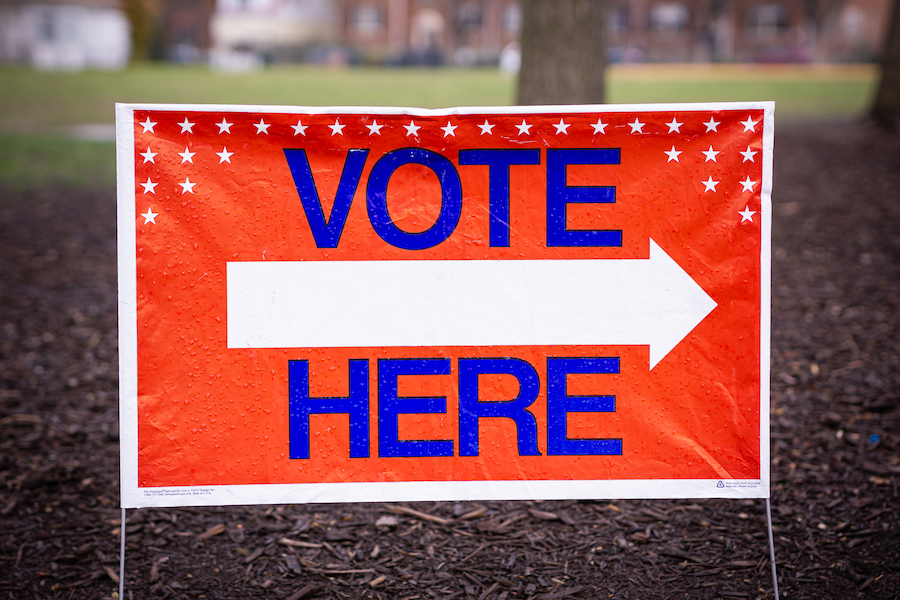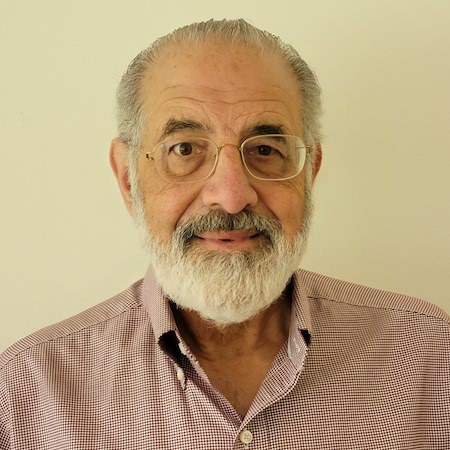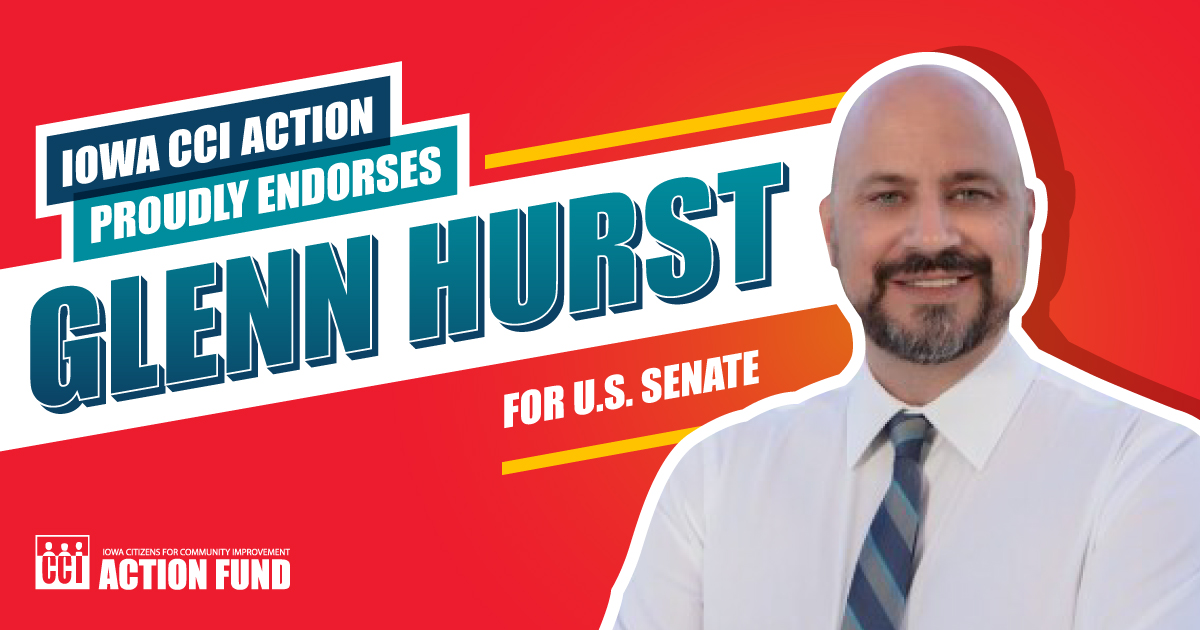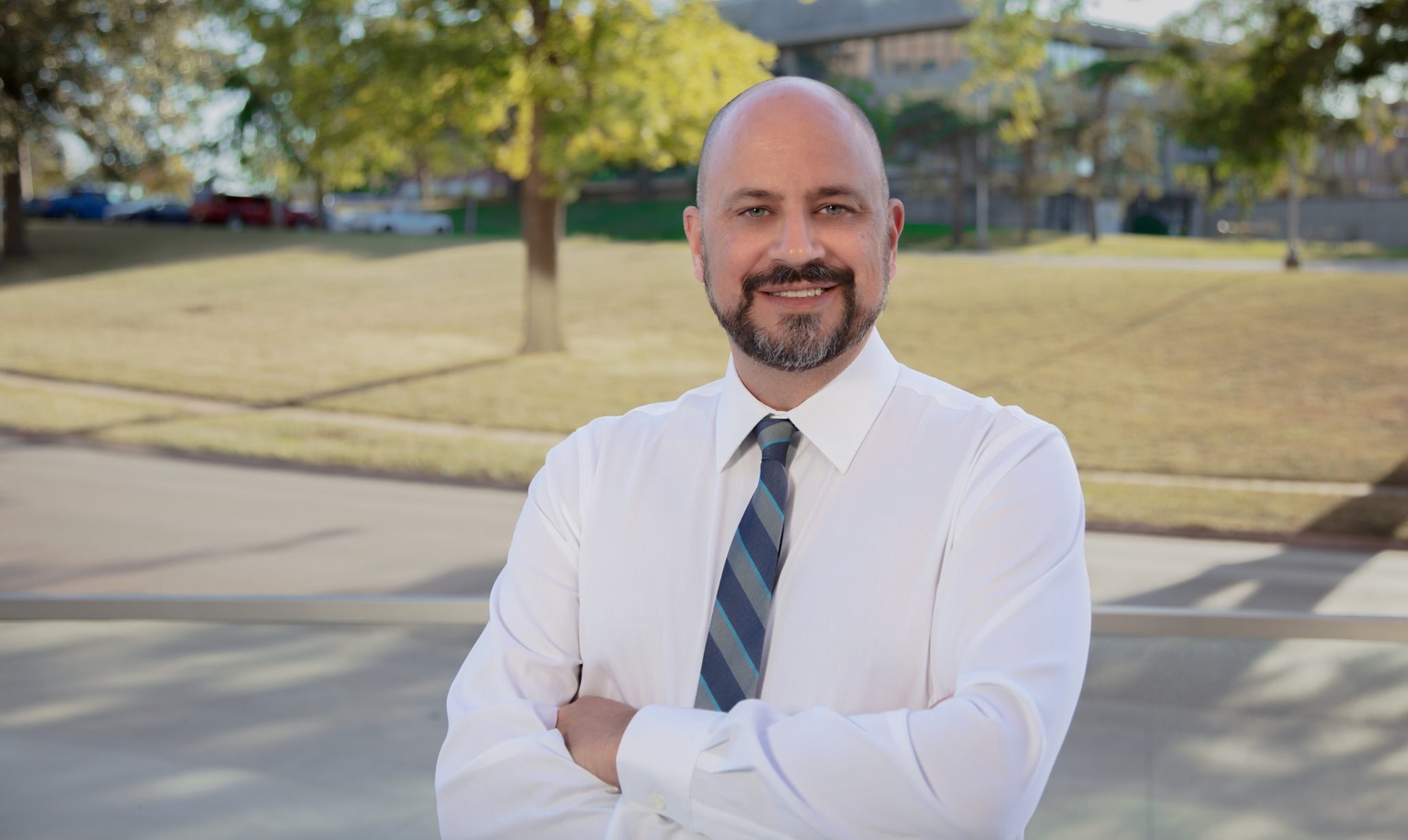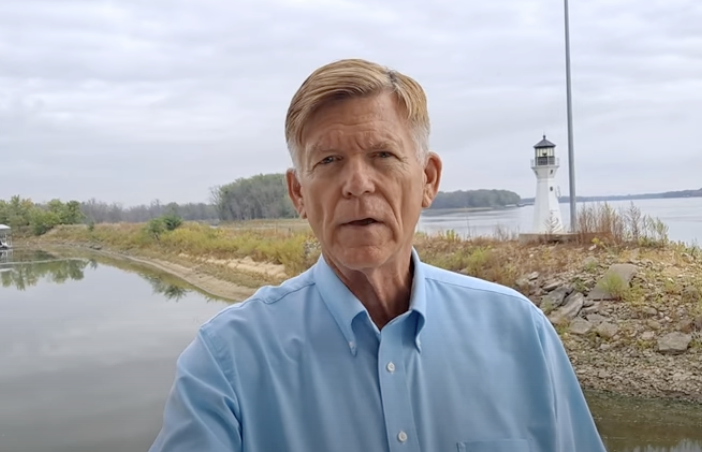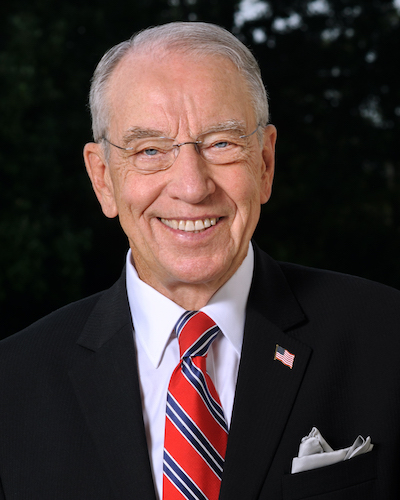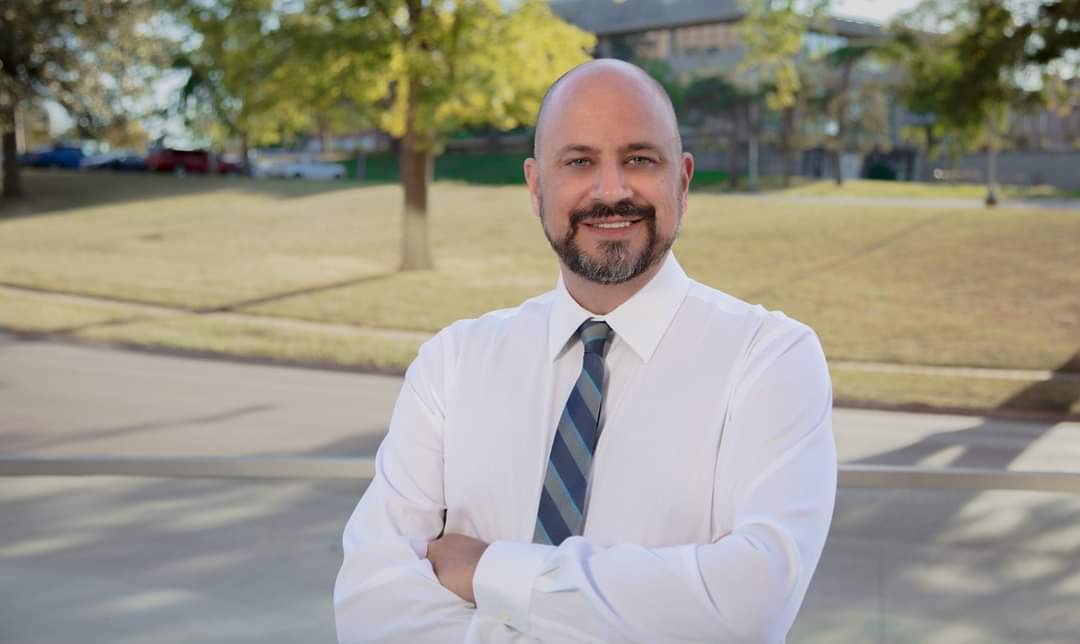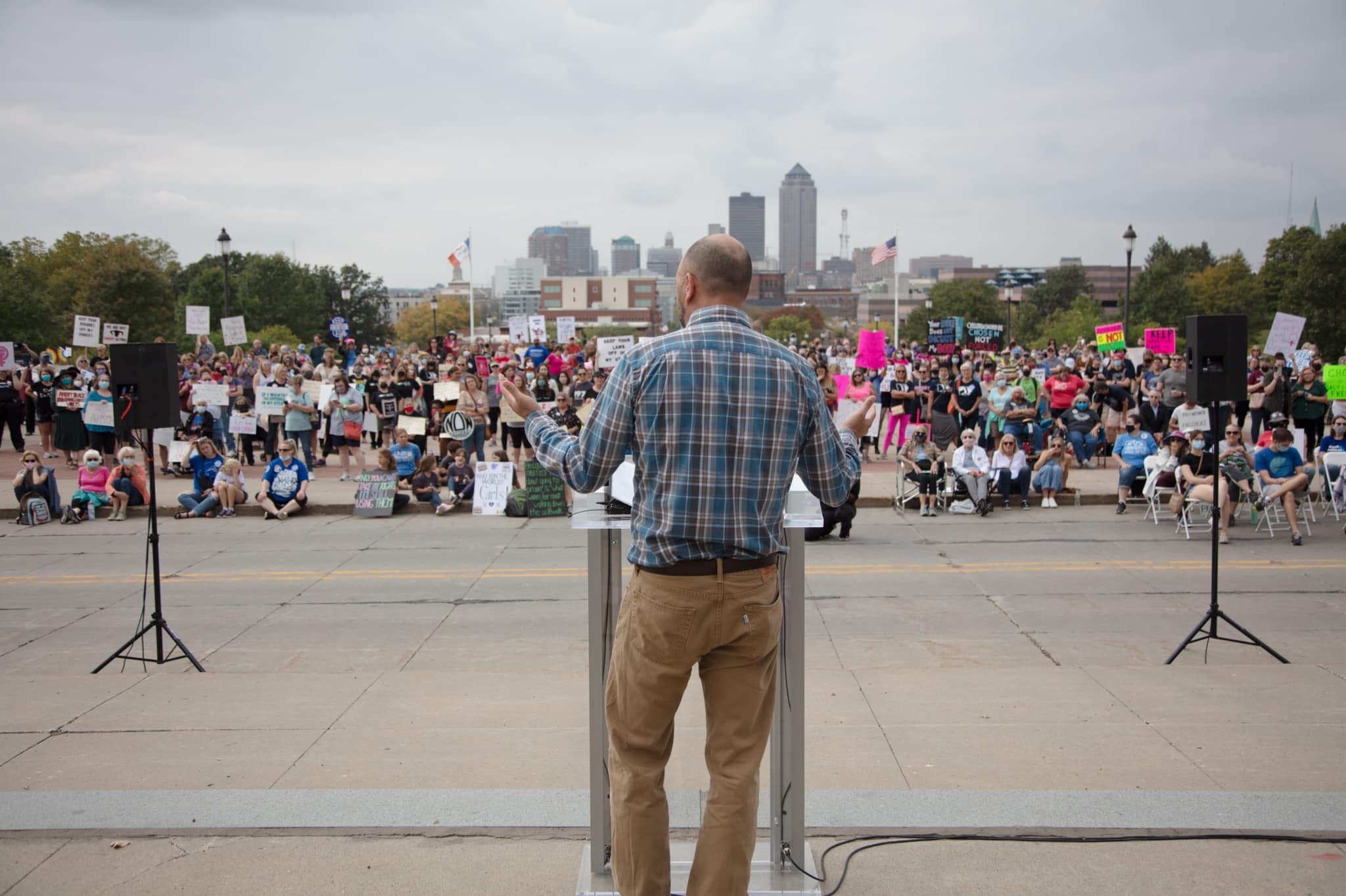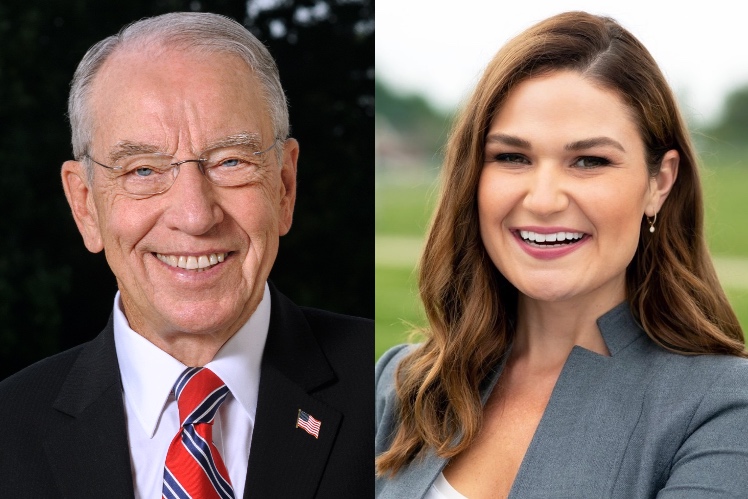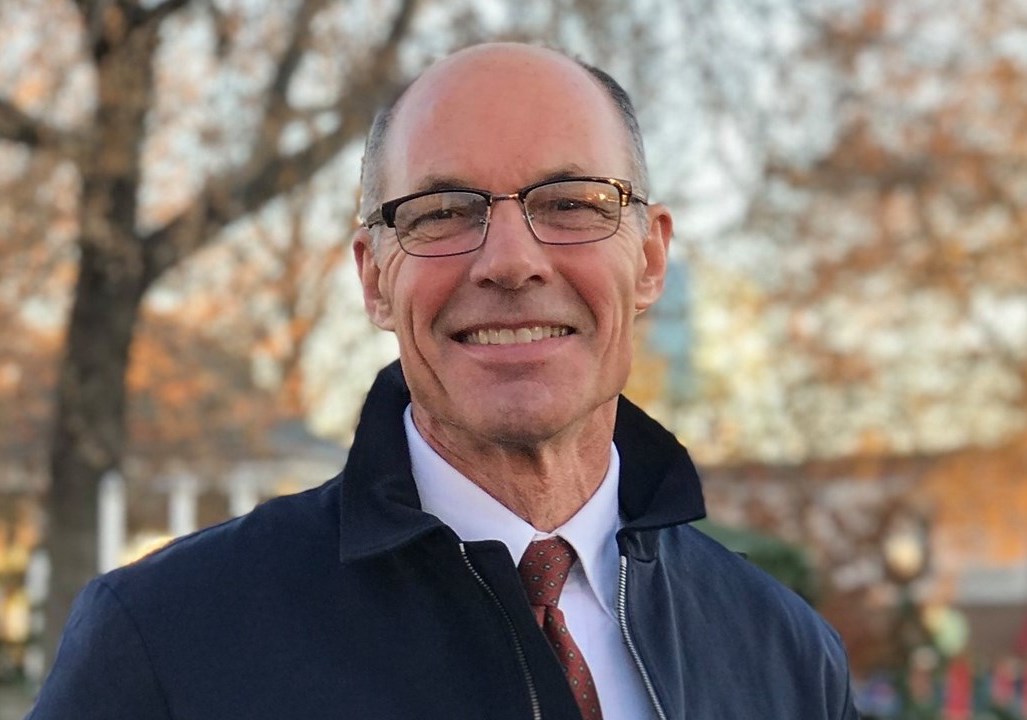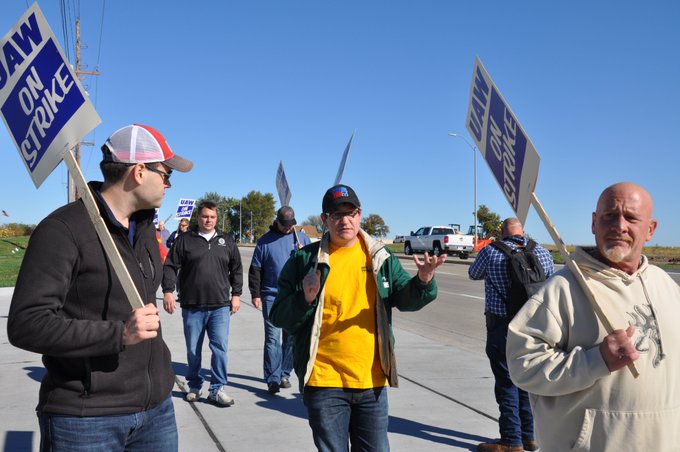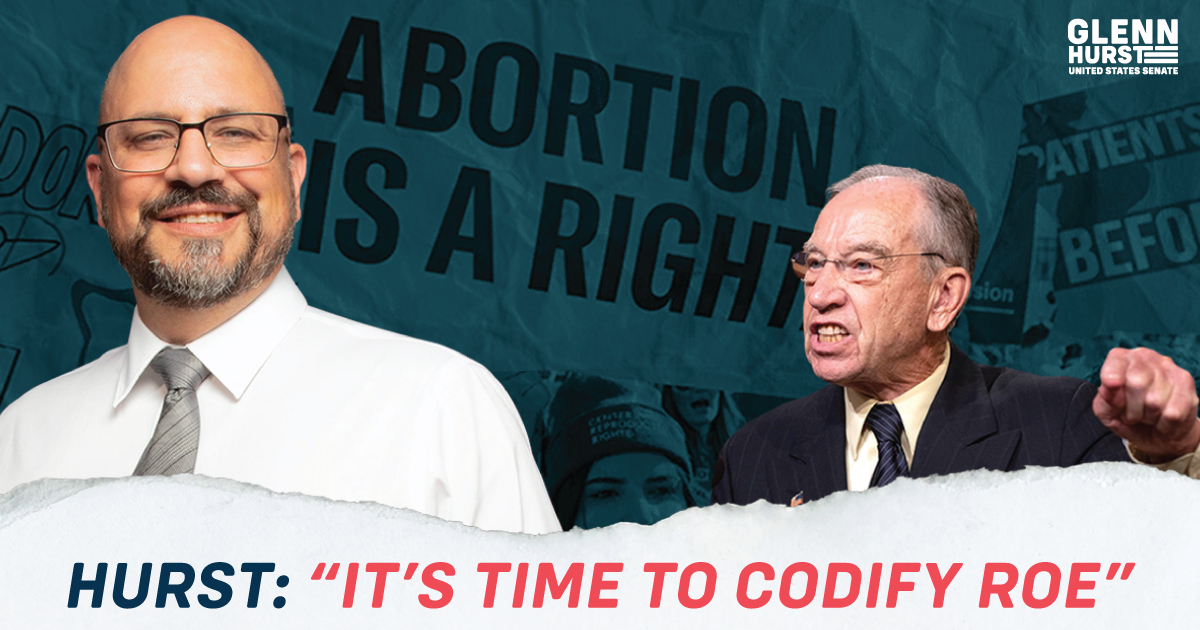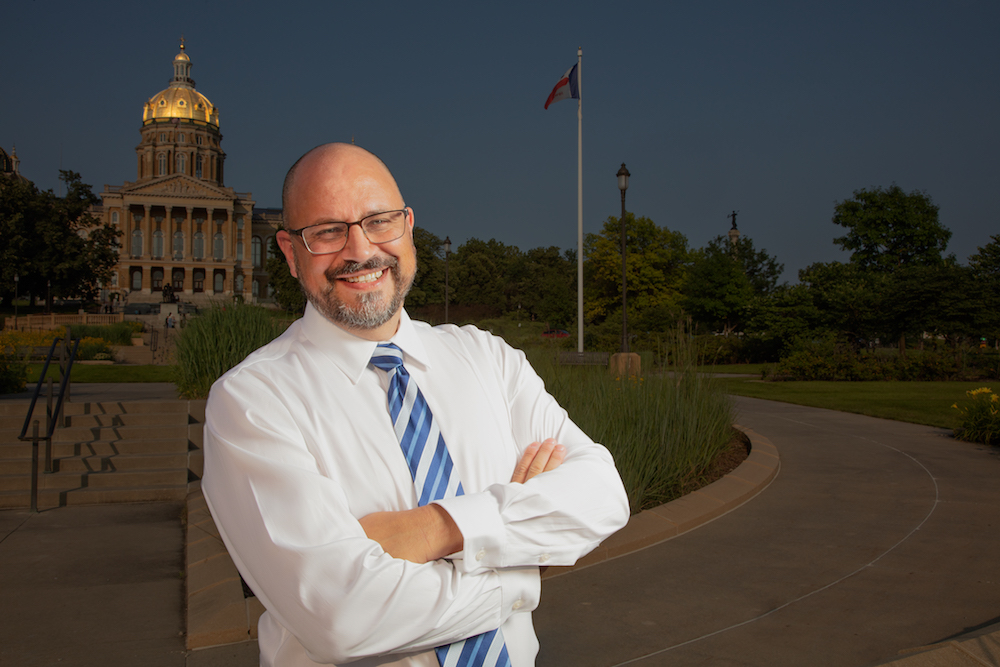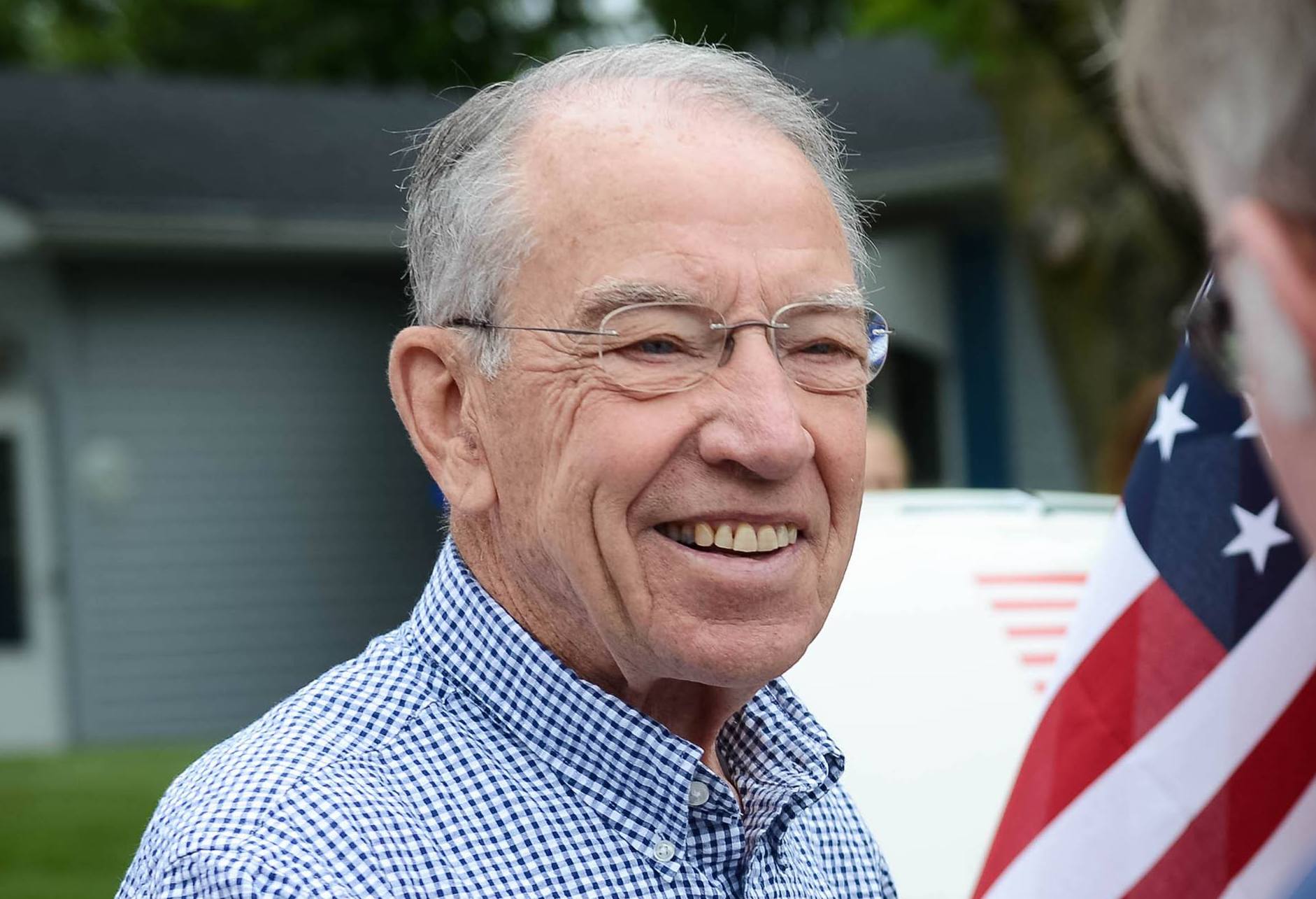Pete D’Alessandro is co-founder of Campaign in a Box, a national consulting firm that specializes in progressive and first-time candidates. He lives in Des Moines and submitted this commentary prior to the Iowa Democratic Party’s State Central Committee meeting on January 28.
Two years ago, just after winning a seat on the Democratic National Committee, Jodi Clemens—who is one of the best grassroots organizers I have ever been around—ran for Iowa Democratic Party chair. Through the efforts of some longstanding establishment types, she was denied the position. I came to learn (off the record, of course) the winner’s positive qualities included not being “a Bernie person.” I think “Bernie person” is establishment code for not being “in the club.”
A full election cycle has passed, and we can now look at the results of that choice to bear hug the right-of-center, hide-under-your-desk establishment: total ballot box disaster.
Continue Reading...
